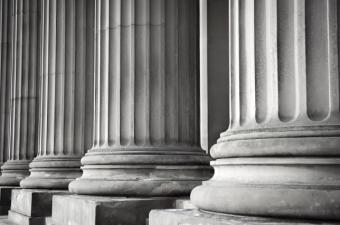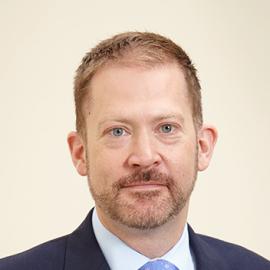
OVERVIEW
The tort of unlawful means conspiracy has enjoyed something of a renaissance in recent times. It is frequently relied on by claimants to extend the reach of tort law and to seek remedies for what would otherwise be non-actionable crimes and wrongs committed by the defendant. However, it throws up a number of difficult issues in relation to each of the core ingredients of the tort, namely: (i) an agreement or “combination” between a given defendant and one or more others; (ii) a joint intention to injure the claimant; (iii) unlawful acts carried out pursuant to the agreement or combination as a means of injuring the claimant; and (iv) loss to the claimant suffered as a consequence of those acts.
A number of recent cases, at both appellate level and at first instance, have shown that – notwithstanding the increasing popularity of the tort – awkward questions as to when it can (or should) successfully be invoked persist. What is the minimum degree to which a defendant must participate in a scheme before he can be held liable as a conspirator (Stobart Group Ltd v Tinkler [2019] EWHC 258 (Comm))? Can breaches of contract and negligent mis-statements amount to “unlawful means” for the purposes of the tort (The Racing Partnership Ltd v. Done Brothers [2019] EWHC 1156 (Ch) and Taylor v. Van Dutch Marine Holdings Ltd [2019] EWHC 1951 (Ch) respectively)? Must conspirators know that the means being deployed against a claimant are unlawful (The Racing Partnership Ltd v. Done Brothers)? Can conspirators be liable even when they have not identified the victims of their conspiracy (British Airways v Emerald Supplies [2015] EWCA Civ 1024)? What consequences flow from the insistence that the unlawful means must be the ‘instrument’ of the damage suffered by the defendant (JSC BTA Bank v Ablyazov (No 14) [2018] UKSC 19)?
In this panel discussion, Professor Roderick Bagshaw of Oxford University and Turlough Stone of Quadrant Chambers will consider these questions, and what the answers to them might hold for the future of the tort of unlawful means conspiracy. They will also confront the broader question raised extrajudicially by Lord Sales (with Professor Paul Davies) of whether unlawful means conspiracy should be stripped of its status as a stand-alone tort and absorbed into a general principle of secondary liability for civil wrongs.
Venue: Library, Quadrant House, 10 Fleet Street, London EC4Y 1AU
Registration: 5:45pm

